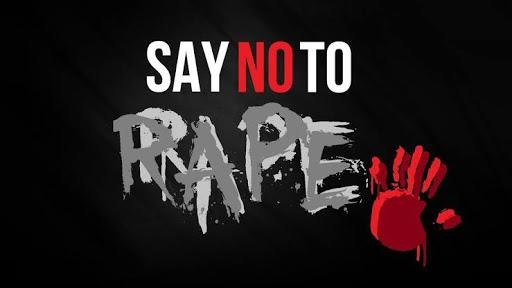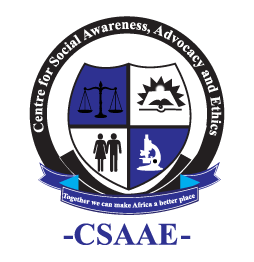In this edition of “Know Your Rights,” the CSAAE Advocacy Team will be shedding light on the definition of rape and the punishment for rape under the Imo State Violence Against Persons (Prohibition) Law 2021.
Section 3 (1) of the Imo State Violence Against Persons (Prohibition) Law 2021 defines rape as the intentional penetration of the vagina, anus, or mouth of another person, regardless of gender, with any body part or object. Notably, the VAPP Law expands the definition of rape to include penetration through any body part other than the vagina. A person convicted of rape under this law is subject to life imprisonment. However, if the offender is under 14 years of age, they may face a maximum of 15 years imprisonment.

According to Section 3 (4) of the law, in cases of gang rape, where a group of individuals commits the offence, they shall be collectively and individually liable to life imprisonment. Furthermore, under Section 4 (5) of this law, if death results from rape or the victim passes away within one year from the injuries sustained during the rape, the offender(s) shall face the death penalty.
The VAPP Law also safeguards the victim and promotes restorative justice by stipulating that the court may award appropriate compensation, as it deems fit, to be paid by the offender to the victim.

Additionally, under Section 3 (8) of this law, inciting or counseling another person to commit rape is punishable by imprisonment for up to 14 years upon conviction. Section 3 (9) states that knowingly transmitting a disease to another individual (potential victim) is an offense punishable by imprisonment for a term not exceeding 14 years.
The Imo State Violence Against Persons (Prohibition) Law 2021 represents a significant step forward in addressing the scourge of rape. The above section and subsections of this Law address key concerns such as non-vaginal penetration, gang rape, and financial restitution for victims, among others.
For victims of this heinous crime, achieving justice involves ensuring that the perpetrators are held accountable and providing essential rehabilitation services to the victims. The responsibility for implementing the provisions of this Law lies with law enforcement personnel and public defenders, who must prosecute rape offenders under this Law and advocate for compensation for victims under Section 3 (6) of the VAPP Law.
Written By:
Asibong Asi
Programme Officer, Advocacy
CSAAE


